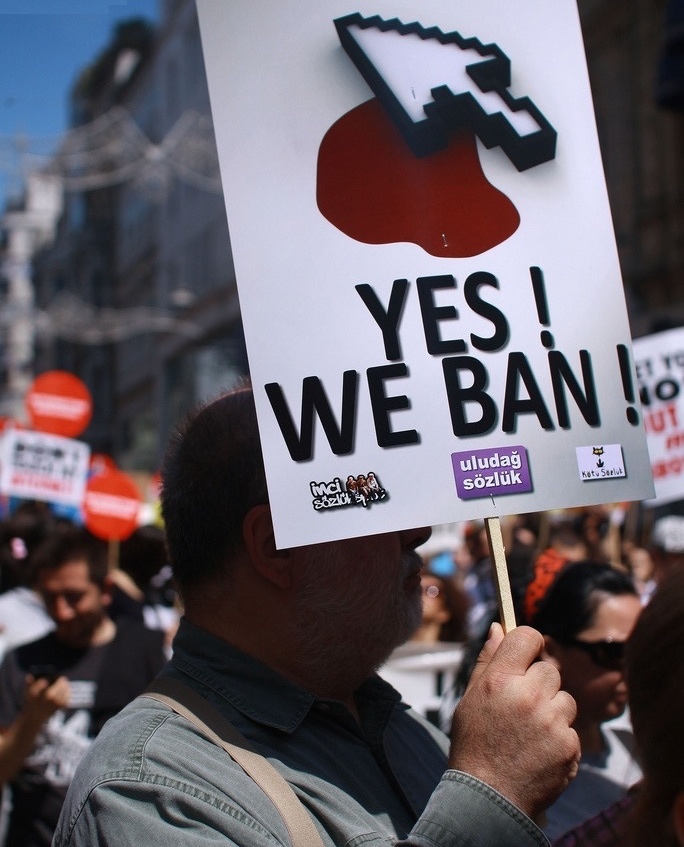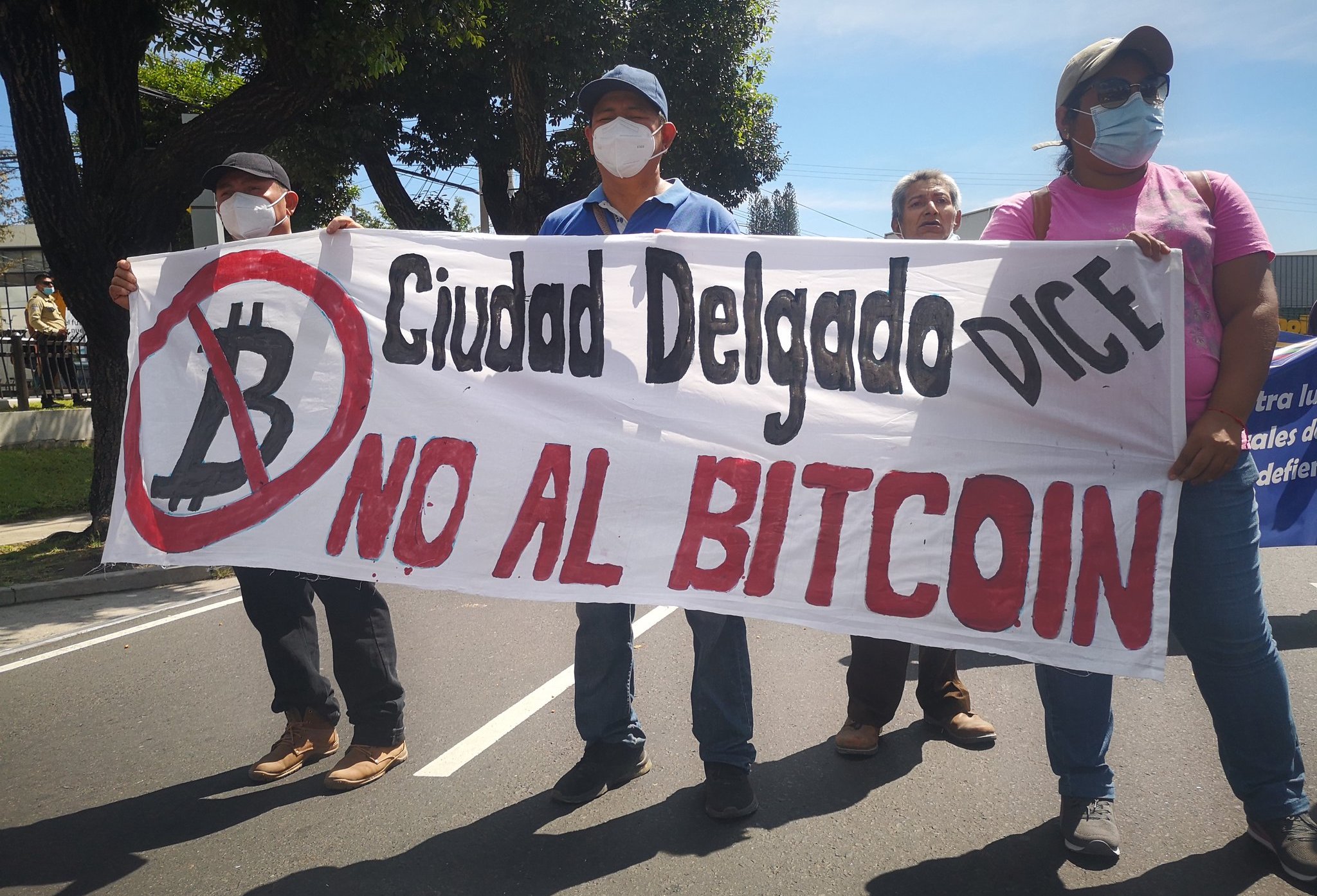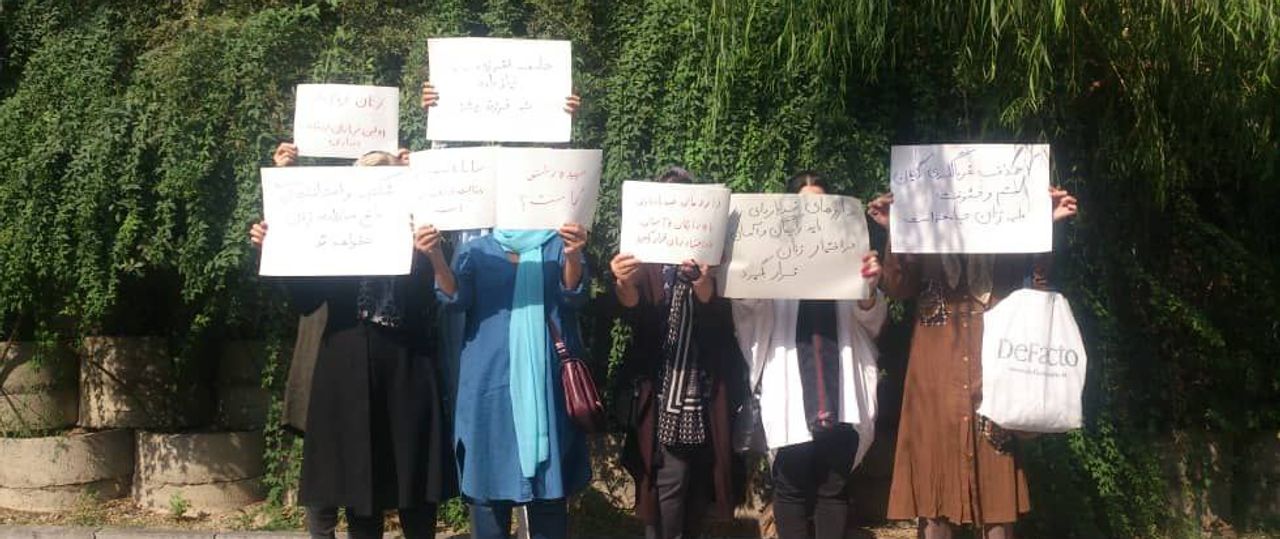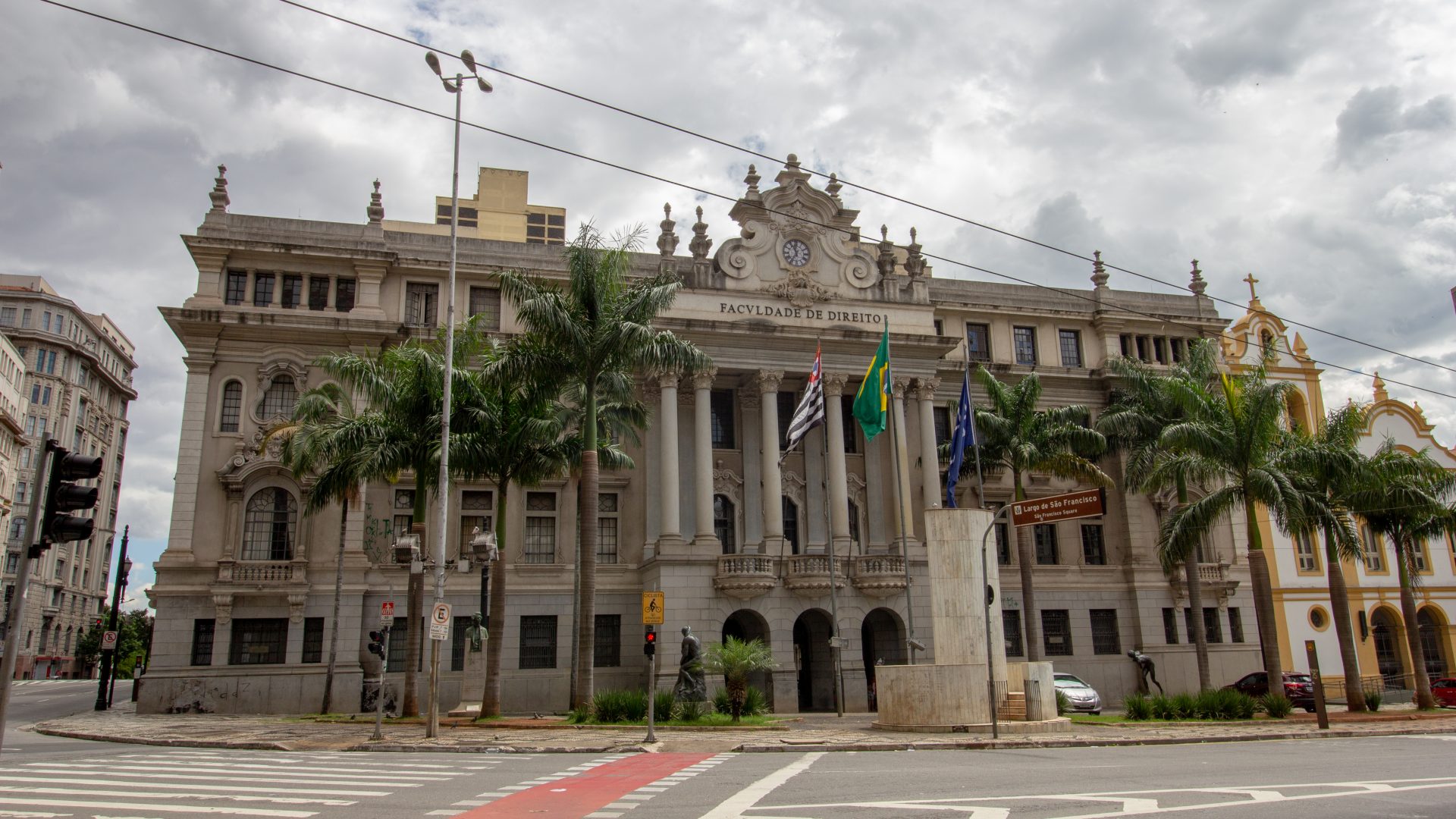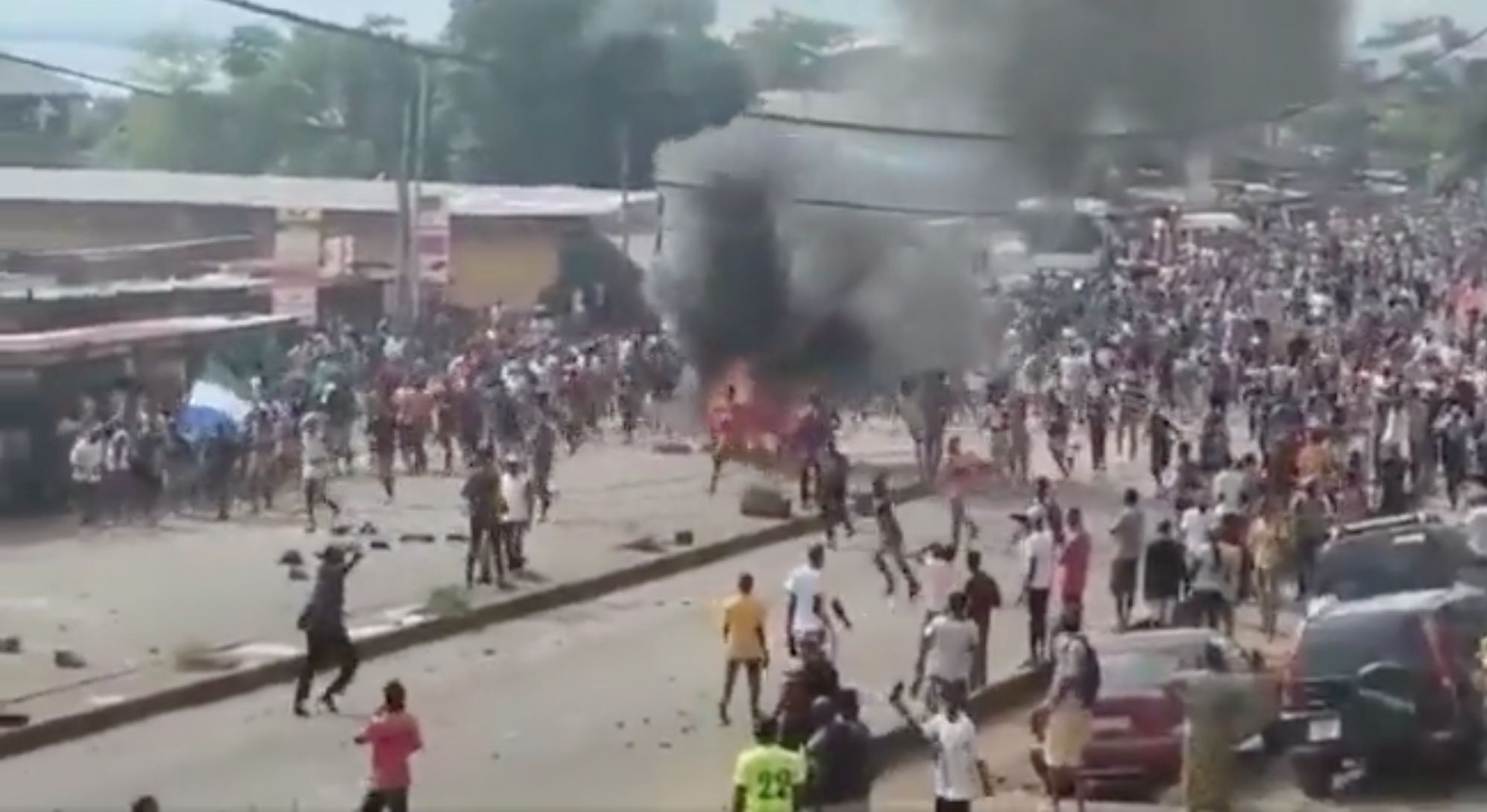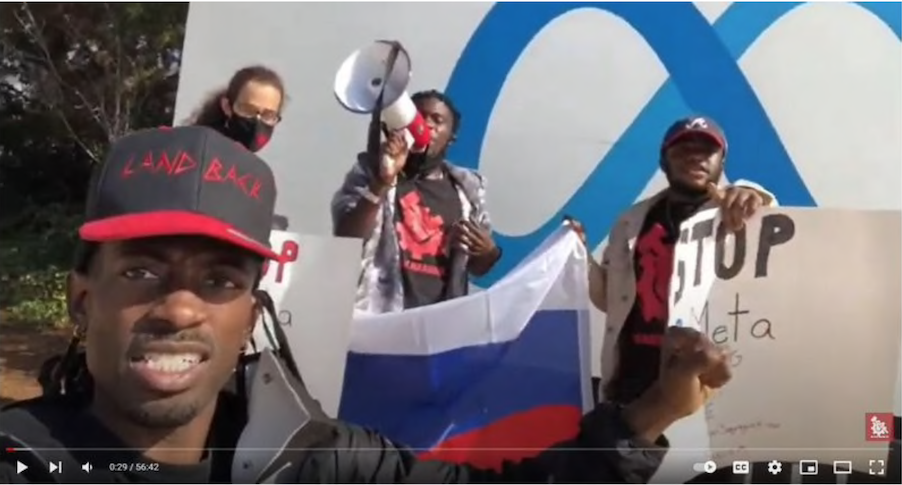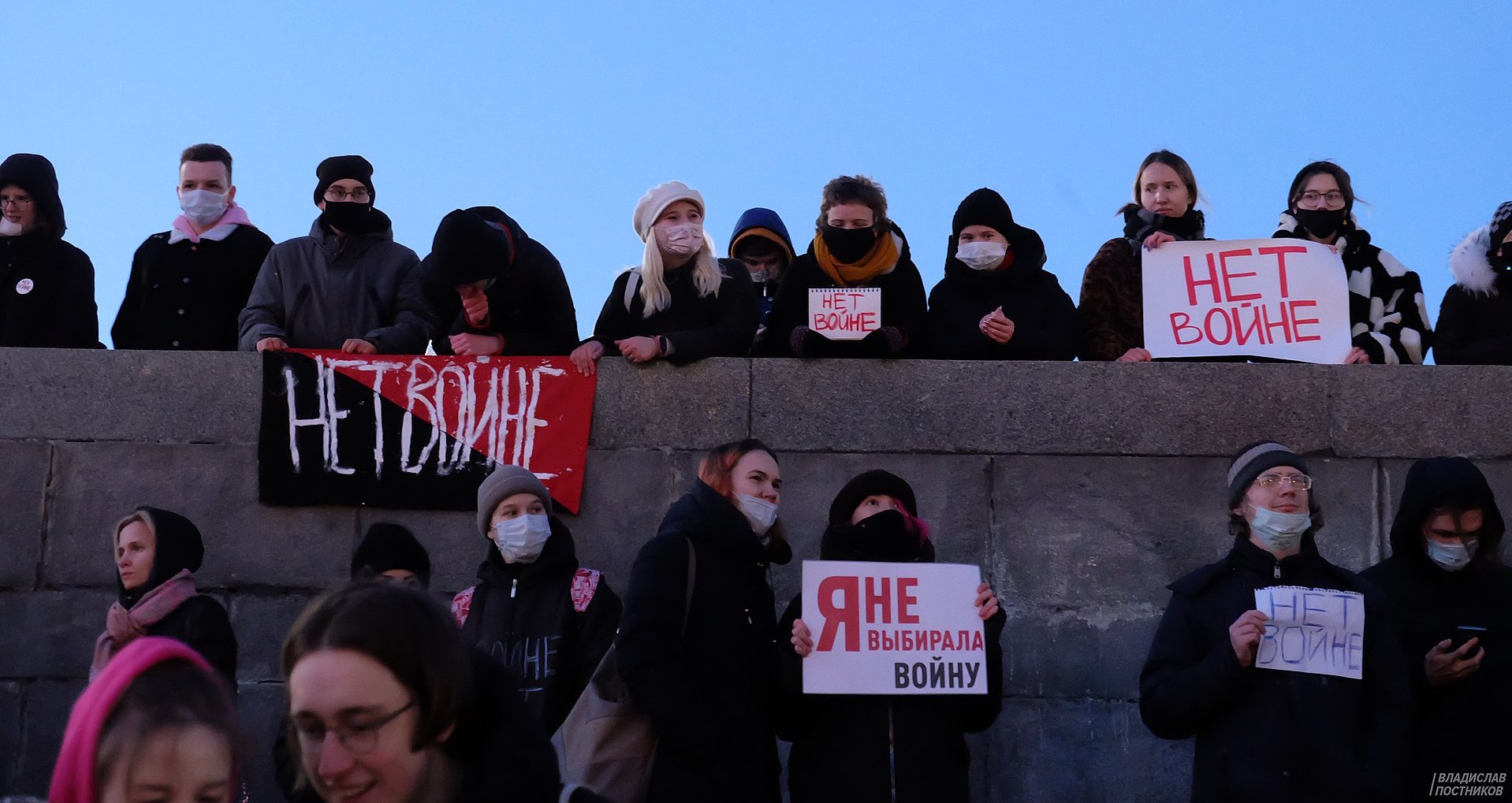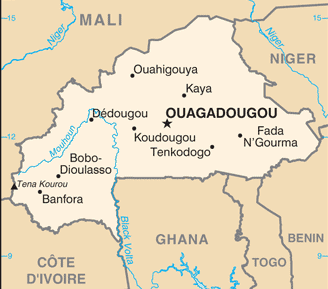
‘War footing,’ paramilitary drive in Burkina Faso
Burkina Faso’s new military government said that the country is on a “war footing,” and launched a drive to recruit 50,000 civilian defense volunteers to help the overstretched army fight jihadist insurgents. The recruits receive two weeks of basic training and then join the Volunteers for the Defense of the Fatherland (VDP), a village-based militia network. But the VDP has been accused of targeting the pastoralist Fulani people in extra-judicial killings. A campaign of hate speech on social media has described all Fulani as “terrorists”—even though they are also often the victims of jihadist attacks. (Map: Perry-Castañeda Library)




